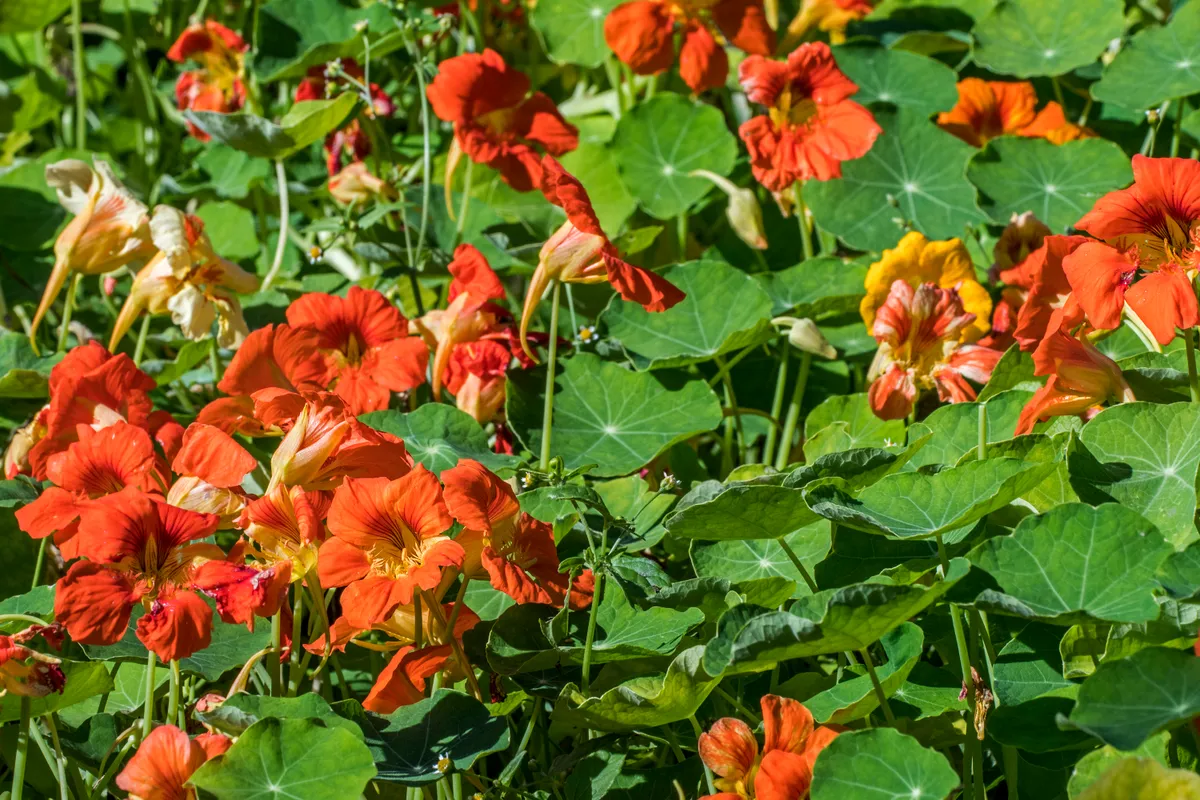Community-led spaces, where food growing is mainly the aim, allotments can be the perfect place for people to grow, regardless of whether you have a garden or not. They are perfect for getting exercise as well as flexing your green growing skills.
Here Huw Richards, author of The Vegetable Grower's Handbook and organic vegetable grower offers his tips on how to maintain your allotment.
Discover more about Huw Richards here, and discover exactly what an allotment is here.
How to care for your allotment
Cut the grass
Keep long grass down and encourage the neighbouring plots to do the same. Long grass is a hiding and breeding ground for slugs, so minimising their habitat will reduce slug damage.
Water to avoid the slugs
Try and water in the early morning rather at dusk. Watering in the evening only encourages slugs to venture towards your seedlings to feast on them during the night.
Experiment with dedicated patches
Save time by dedicating a runner bean and squash patch of your garden which you can grow in year after year. These two vegetables do not need to be rotated and it will save you a lot of preparation time in the long run and be that extra bit less of planning you need to do.

Write it all down
Keep a notepad and pencil with you during the growing season to make notes of any things which bother you slightly or you feel makes you less efficient, for example, the raised beds being too long so you have to hop over or the compost bins taking up a nice sunny spot where you could put a strawberry tower in instead. Then in winter when there is a lot less to do, you can work on the things you noted down to make physical changes to your plot in preparation for the next growing season.
Get blooming
Grow flowers around the boundary of your allotment. Marigolds and nasturtiums are known as companion plants. They not only attract beneficial insects into your plot to help pollinate your plants but also help deal with pests.
Celebrate
My final tip is to focus on your successes. Every gardener experiences failure, but the great thing about gardening is that there is always next year. Don’t get too caught up with things which haven’t gone well. Instead, recognise what’s happened for next year and then enjoy the things which are working well and celebrate those.
Find Huw's YouTube channel at HuwsNursery, his Facebook page @HuwsGardenNursery, and his Instagram page @huws_nursery. Huw’s book is: Veg in One Bed: How to Grow an Abundance of Food in One Raised Bed, Month by Month (DK, £14.99).